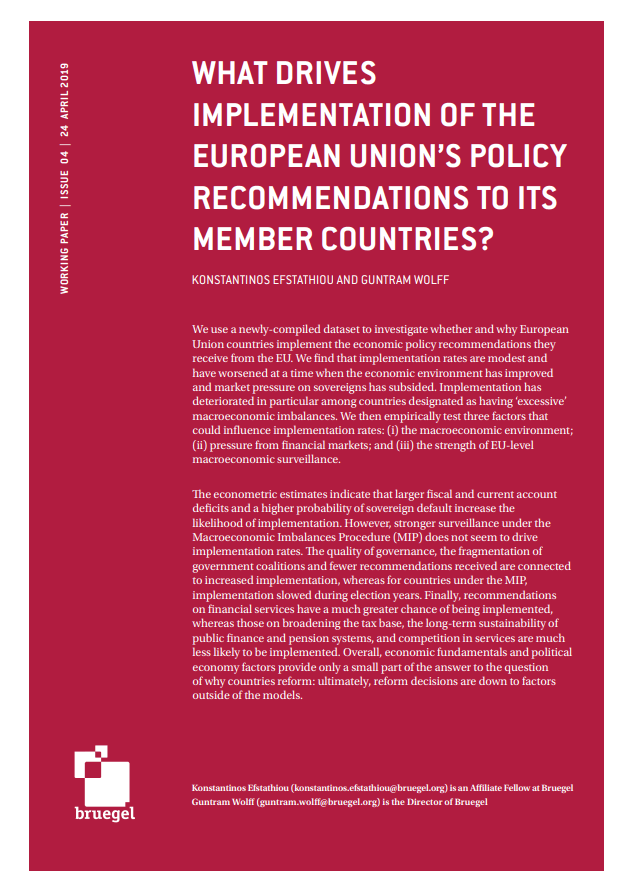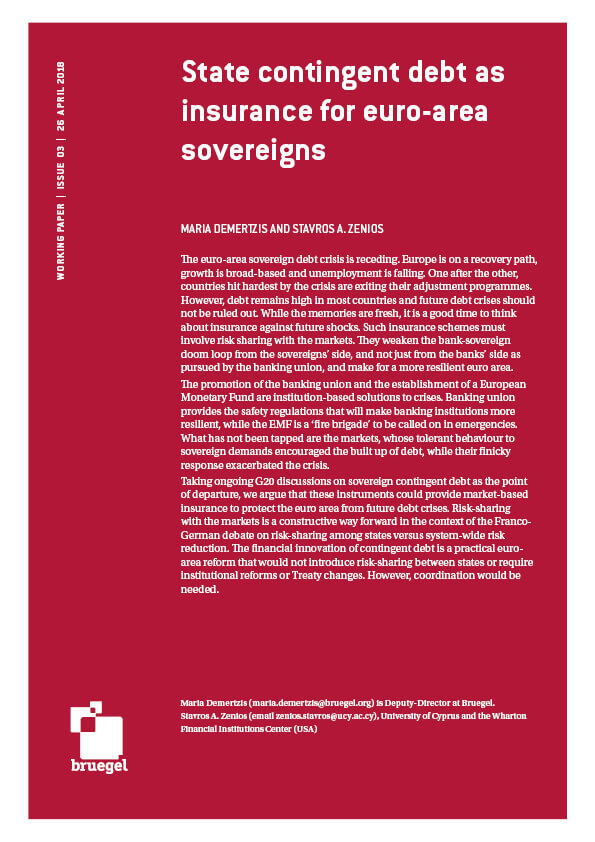Opinion


EU policy recommendations: A stronger legal framework is not enough to foster national compliance
In 2011, the EU introduced stricter rules to monitor the implementation of country-specific policy recommendations. Using a new dataset, this column investigates whether these new laws have increased national compliance. There is no evidence that these stricter processes matter for implementation rates, whereas macroeconomic fundamentals and market pressure are important determinants of implementation progress. These results suggest ways to improve the effectiveness of European policy coordination that go beyond stronger legal processes.








